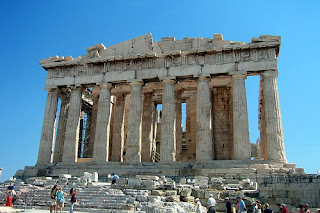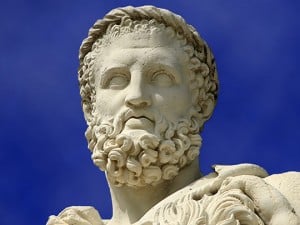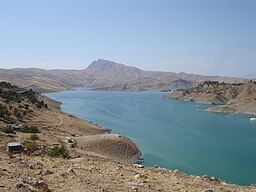Julius Ceasar
He conquered Gaul in a campaign which is still used for training generals today. His victories in Gaul brought important new territories to the empire. The conquest of Gaul brought the border of the empire to the river Rhine. He led expeditions into Germany and Britain, which the Romans didnt know about around that time. Caesar crossed the river Rubicon, which was the border between the province he ruled and the Italian territories of the Roman empire and took power over Rome as a dictator.
Julius Caesar also reformed the calendar.With only minor changes his is the calendar we use today. He was honored by naming the month July after him. He was a great and successful leader in Rome and still is known and honored today. Many schools read his piece by shakesphere because his honorable ways and great victories bringing more territory for Rome.






